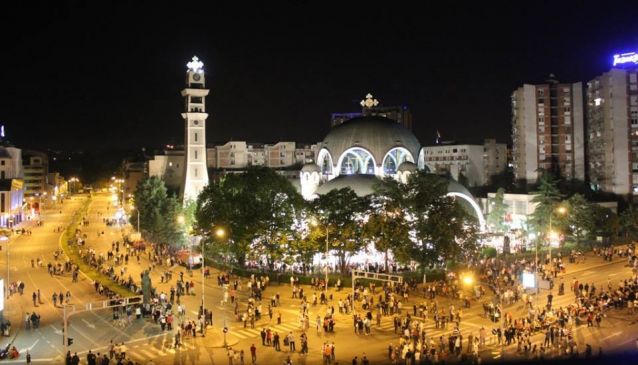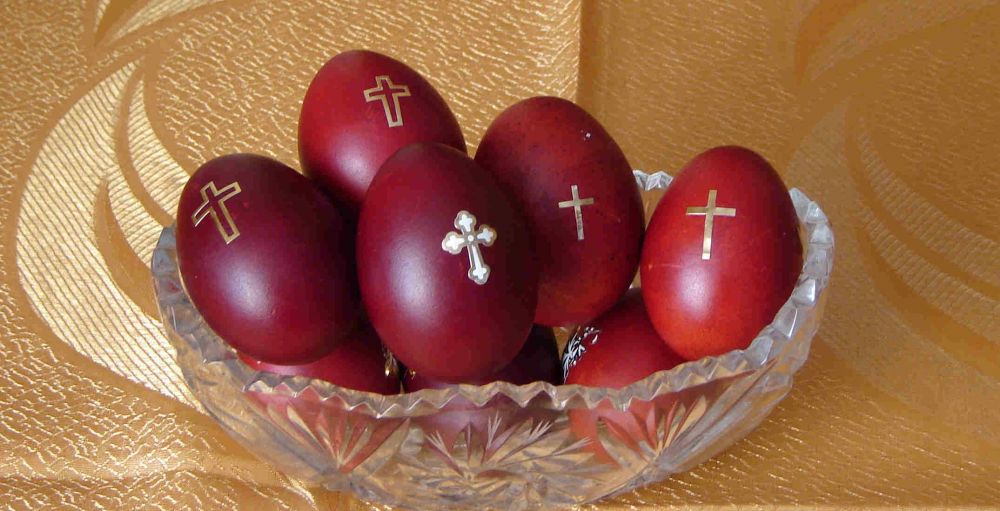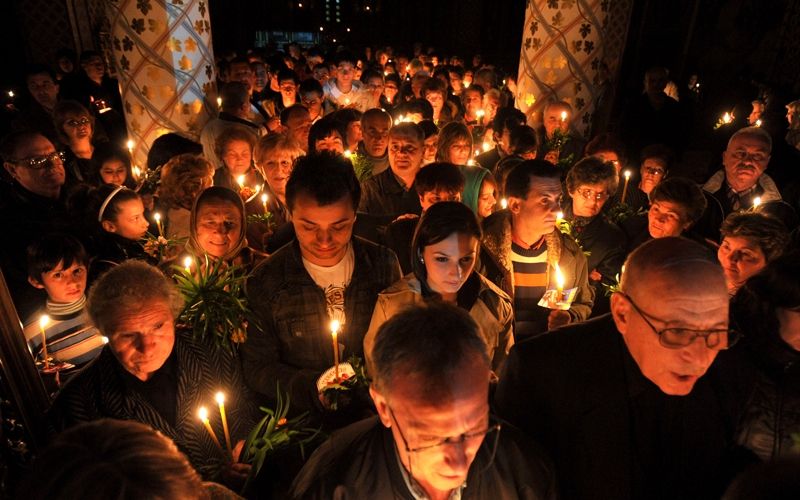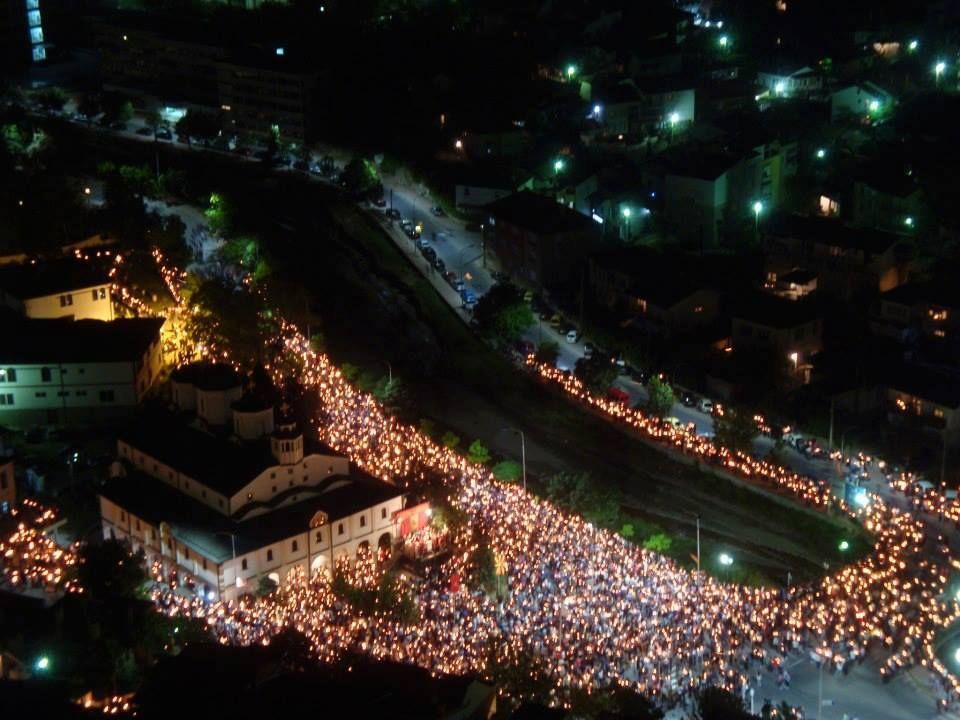The local view on tradition and beliefs

Together with Christmas, Easter is the most important holiday that Christians in Macedonia and all over the world celebrate with great pleasure and joy. It is a holiday that is meant to be celebrated with your family and closest ones as it cherishes love, happiness and wellbeing. Easter celebrates the resurrection of Jesus Christ and the belief that he rose from the dead and continued helping people and making good deeds. Three days after his crucifixion in Calvary, Jesus returned to life on Sunday morning and that is the main reason why Easter is always celebrated on Sunday. However, it is a moveable feast and it does not occur on the same date every year but it always occurs on the first Sunday after the full moon falling on or after the Spring Equinox (March 21). Still, Easter is not celebrated on that date by all Christians as most use the new, Gregorian calendar, whereas the Eastern Orthodox use the older Julian calendar to calculate the date of Easter. Coincidently this year all of the Christian worlds celebrate Easter together, on the 20th of April.
In Macedonia, Orthodox Christians are preparing for this holiday several weeks earlier and the preparations involve a forty-day period of fasting, prayers and penance. When it comes to the fast, these 40 days are also known as the Great Lent and it is a period when many faithful people give up of certain types of luxuries as a form of penitence. It is believed that Jesus spent 40 days in a dessert fasting and praying, that is why Orthodox Christians devote the fasting period to God, showing repentance and high self-discipline, avoiding such food as meat, eggs, milk or any other food item that comes from an animal source. Of these forty days the most important are the last seven days, also known as the Holy Week, which in fact are the last seven days of the life of Jesus. All days are known as Holy Days and each has a separate significance.

Thursday stands out the most as it is the day when the Last Supper occurred and Jesus was betrayed by Judas, one of his twelve Apostles, thus on Holy Thursday Christians in Macedonia and all over the world avoid eating meat and prefer eating green food. Considering the importance of this holiday, locals have adopted many rituals and customs that sometimes even seem strange to foreigners but in fact represent their devotion. The housewife in a Macedonian Christian family has several duties that she has to do and the most important one of them is dying eggs. The egg is a symbol of new life thus early in the morning on Holy Thursday she wakes up before sunrise and dyes three eggs in red color which signifies the blood of Christ. The first three eggs are the most important. The first one is devoted to Jesus, the second one is for the head of the household and the third egg is for peacefulness and health. Before dying the eggs the housewife should not be hungry because it is believed that it brings bad luck and diseases. When the three eggs are ready, the first one is placed near a door or window that looks to the East, so that when the sun raises it shines upon them with the rays of God.
On Holy Thursday, housewives prepare all of the food required to keep the family going throughout the holy weekend. Good Friday is the day when Jesus was crucified so Christians in Macedonia avoid eating anything else but fruit, vegetables and nuts, even fish and oil are omitted in that way they express deep faith in God and Christianity.

One of the maybe strangest rituals takes place on Saturday evening as people prepare to go to church. They use the first dyed red egg together with a local plant called zdravec and a raw white egg to wash away the sins off of their face. At midnight on Saturday night everyone gathers around the local church, holding burning candles in their hands, as the priests say the final prayers that mark the resurrection of Jesus. When the clock strikes midnight everybody greets each other with the phrase “Christ has risen” – “He has indeed risen”. After the greetings people engage in egg tapping that symbolizes the resurrection of Christ from his tomb and breaks the fasting period.
On Sunday the house is ready for guests and there are traditional Macedonian dishes prepared for celebrating Easter. Traditionally there is the Easter bread with a dyed red egg in the middle, lamb soup, sarma, salads and delicious cakes.
Easter is one of the most important holidays in Macedonia, when in each house you will find delicious dishes prepared by the housewife and dyed red eggs which signify the blood of Christ. People enjoy celebrating this day with the whole family and sharing love, respect and happiness. We hope that you’re lucky enough that your vacation is on Easter and you get to experience on first-hand what it feels like to celebrate this important holiday in Macedonia.

Shtip during Easter (Photo by: Nikola Jolev)